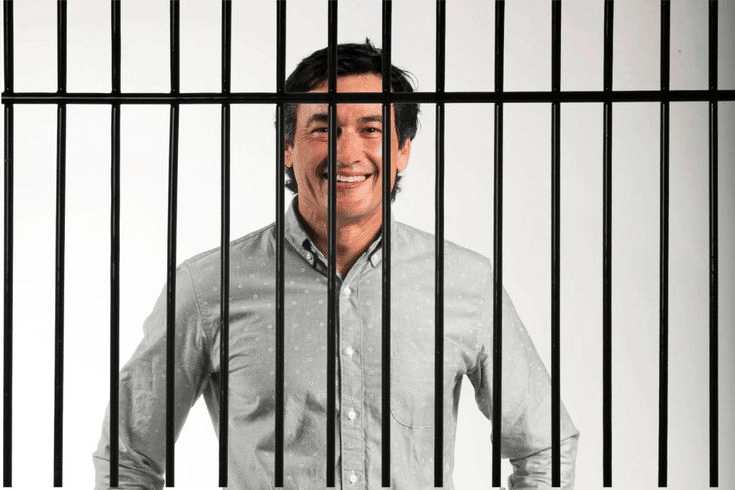Introduction
In today’s digital age, the intersection of era and justice has become an increasing number of complex. The case of Aaron Wohl, a distinguished determine entangled in prison issues, highlights the problematic dynamics among on-line presence and felony ramifications. As information of Aaron Wohl arrested reverberated across headlines, it spurred discussions now not simply about the allegations towards him however additionally approximately broader questions of responsibility, privateness, and the digital footprint we leave at the back of.
The Allegations
The story of Aaron Wohl’s arrest spread out towards the backdrop of a hastily evolving on line panorama. Wohl, known for his influential presence in positive circles, confronted allegations of monetary misconduct and virtual fraud. The accusations, stemming from his purported involvement in a complicated on-line scam, dispatched shockwaves via both his expert community and the broader on-line community.
At the heart of the allegations had been questions on identity and duty within the digital realm. With online systems supplying a veil of anonymity, people like Wohl may want to perform in murky waters, blurring the strains among valid business enterprise and illicit activity. As the government delved deeper into the case, they uncovered a web of virtual transactions and questionable practices, underscoring the need for robust legal frameworks to cope with cybercrime efficiently.
The Legal Landscape
The arrest of Aaron wohl arrested a more in-depth exam of the prison mechanisms designed to navigate the complexities of the virtual global. While conventional legal guidelines regularly struggle to keep pace with technological improvements, legislators and law enforcement groups have made strides in adapting to the evolving panorama of cybercrime.
One key mission lies in defining jurisdiction and duty in cases that go beyond geographical limitations. With digital transactions occurring across worldwide borders, coordination amongst regulation enforcement organisations becomes paramount. The Wohl case, with its worldwide implications and on line footprint, served as a microcosm of the broader demanding situations going through criminal systems grappling with cyber-related offences.
Digital Identity and Reputation Management
Beyond the prison ramifications, the Aaron Wohl arrested highlighted the long-lasting effect of digital identification on non-public and professional reputations. In an age in which online presence often serves as a proxy for credibility and trustworthiness, allegations of misconduct can tarnish one’s reputation irreparably.
Wohl’s case underscored the significance of proactive recognition management in mitigating the fallout from negative publicity. As information of his arrest unfolds throughout social media and virtual systems, Wohl’s online character got below extreme scrutiny. The proliferation of misinformation and sensationalised narratives in addition compounded the undertaking of maintaining one’s virtual recognition inside the face of adversity.
The Aftermath and Lessons Learned
As the dust settled at the Aaron Wohl arrested saga, it left behind a trail of training and implications for stakeholders across numerous sectors. From legal practitioners grappling with the intricacies of cybercrime prosecution to people reassessing their digital footprint, the case sparked a broader verbal exchange about responsibility and obligation in the digital age.
At its centre, the Wohl case underscored the need for a multi-faceted approach to addressing the complexities of online conduct. Beyond punitive measures, efforts to sell virtual literacy and cognizance can empower people to navigate the digital panorama responsibly. By fostering a culture of transparency and duty, stakeholders can work closer to building a more resilient and equitable virtual atmosphere.
Conclusion
In the end, the Aaron Wohl arrested serves as a poignant reminder of the difficult interplay between technology, justice, and identity within the digital generation. As society grapples with the implications of an increasingly interconnected global, the case offers precious insights into the challenges and possibilities that lie in advance. By embracing innovation at the same time as upholding standards of fairness and duty, we are able to attempt closer to a destiny wherein the virtual panorama is characterised by means of agreement, integrity, and resilience.







